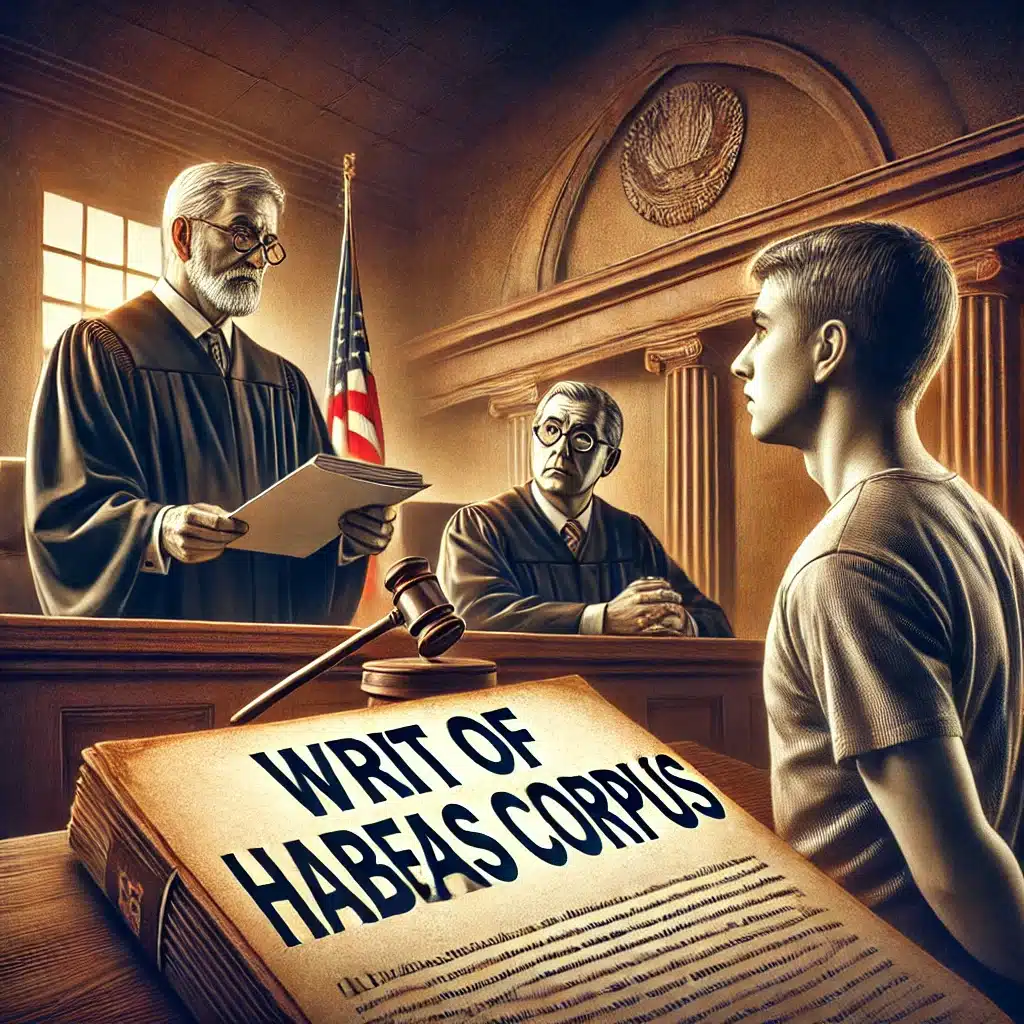In Search of Justice: The Crucial Duty of Post-Conviction Attorney in Combating for the Civil Liberties of the Unjustly Founded Guilty
In the world of criminal justice, the job of post-conviction legal representatives stands as a critical column in promoting the concepts of justness and justice. The ins and outs and intricacies that surround cases of wrongful convictions frequently require a keen eye for information, a steadfast spirit, and a steadfast commitment to uncovering facts that might have been obscured. As these legal professionals browse with the labyrinth of legal treatments and evidentiary obstacles, they not only objective to right the wrongs of the past yet additionally aim to pave the means for a future where justice is not simply a lofty ideal yet a concrete truth. Through their devotion to inspecting convictions, testing problematic legal process, and promoting for due process, post-conviction legal representatives function as beacons of wish for those who have been unjustly founded guilty.

The Influence of Wrongful Convictions
Wrongful sentences, a pervasive concern in the criminal justice system, have far-reaching effects on individuals, family members, and society as a whole. When an innocent individual is wrongfully convicted, the instant impact is really felt by the specific dealing with imprisonment for a criminal activity they did not devote. This loss of flexibility, often for a prolonged duration, can result in extensive psychological distress, trauma, and a feeling of extensive injustice.

Discovering New Evidence
In the pursuit of justice, post-conviction legal representatives play a crucial duty in discovering brand-new evidence that can potentially vindicate individuals that have been wrongly founded guilty. south dakota federal habeas corpus attorneys. This procedure includes a detailed evaluation of the situation, looking for ignored evidence, talking to witnesses, and sometimes utilizing innovative forensic modern technologies. Post-conviction legal representatives often collaborate with investigators and experts to reanalyze existing proof or uncover brand-new leads that were not checked out during the initial test
The discovering of new evidence can take various types, such as DNA screening, witness statement recantations, alibi verification, or the recognition of brand-new suspects. Developments in modern technology have actually substantially enhanced the capability to take another look at and review evidence, providing possibilities to lose light on formerly unsettled aspects of a situation. Additionally, post-conviction legal representatives might uncover prosecutorial transgression, inefficient support of counsel, or various other legal mistakes that can contribute to a wrongful conviction.
Testing Flawed Sentences
Challenging mistaken convictions calls for a careful evaluation of lawful procedures and proof to determine possible errors or incongruities that might have led to an unfair outcome. Post-conviction attorneys play an essential duty in scrutinizing the test process, consisting of the conduct of the prosecution, the effectiveness of the defense, and the choices made by the judge and court. By carefully examining court transcripts, witness testaments, and forensic reports, these attorneys intend to uncover any type of missteps or infractions of the offender's rights that might have affected the verdict.
In challenging flawed convictions, post-conviction lawyers might additionally discover brand-new angles or viewpoints that were not properly considered during the initial test. With their commitment to supporting justice and protecting private civil liberties, post-conviction legal representatives play a crucial duty in remedying miscarriages of justice and restoring faith in the lawful system.
Making Sure Fair Trials
In the pursuit of justice, securing the integrity of fair tests is vital for post-conviction lawyers. Ensuring fair tests includes an extensive strategy focused on supporting the principles of due procedure, impartiality, and equity in the legal system. Lawyer. Post-conviction attorneys play an essential duty in inspecting the trial process to determine any kind of infractions of the defendant's civil liberties that may have taken place during the first trial
One trick element of ensuring reasonable tests is taking a look at the conduct of the prosecution and defense lawyers, as well as the activities of the discretionary. Post-conviction legal representatives carefully assess trial records, evidence discussion, witness testaments, and jury guidelines to uncover any type of circumstances of misbehavior, prejudice, or errors that might have affected the outcome useful link of the test. By recognizing these discrepancies, post-conviction legal representatives can advocate for retrials or attract fix any injustices that might have taken place.
Eventually, the dedication to ensuring fair tests emphasizes the dedication of post-conviction attorneys to promoting the fundamental tenets of justice and securing the civil liberties of the charged in the legal system. arizona federal attorneys.
Supporting for Due Refine
Post-conviction lawyers carefully promote the preservation of due process civil liberties within the lawful framework, making certain that step-by-step fairness is supported for people browsing the justice system. By scrutinizing the application of laws, the conduct of legal authorities, and the defense of offenders' rights, post-conviction attorneys play a vital duty in upholding the principles of due process.

Conclusion
Finally, post-conviction legal representatives play a critical function in the quest of justice by uncovering brand-new evidence, testing problematic convictions, making certain reasonable trials, and supporting for due process. arkansas federal lawyer. Their determined efforts assist to right the misdoings of wrongful sentences and promote the civil liberties of the unjustly accused. By continuing to combat for justice, post-conviction attorneys add to a much more just and equitable legal system for all individuals
Comments on “Legal Experience on Habeas Corpus: Attorney Providers and Assistance”